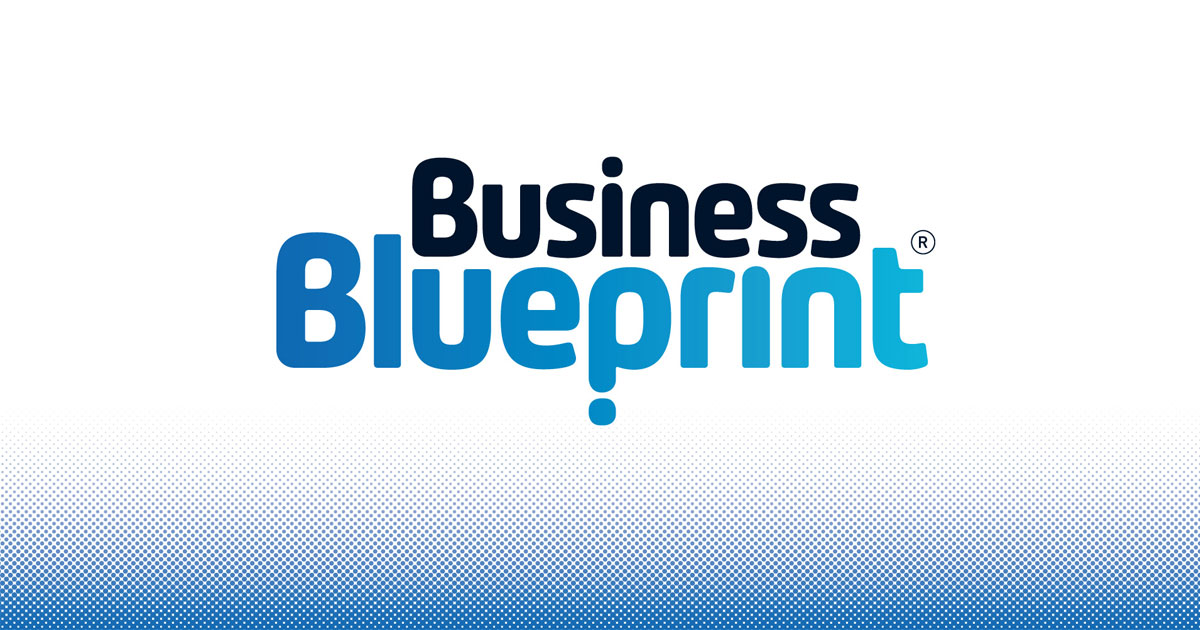Knowing how to attract media attention is key. Journalists are thrown story after story, day after day. And their job is to sift through them and find the ones that will sell and are newsworthy. If you want your business to be newsworthy and attract media attention, find out some practical tips below in an excerpt from an interview with Dale Beaumont and Suzy Yates.
As a former Radio Talkback host, Suzy founded her own PR Company. Today, Bay Street Mediaworks has dozens of clients and employs thirteen full-time staff.
What are some practical things people can do to make their story more attractive to the media?
The media is only interested in you if you are newsworthy and if you make their job easier. Providing journalists with information in the way they like it is essential. Sometimes people spend hours putting together pages of information that the editor or journalist will throw straight into the bin. The best strategy is to call first (or email, but I prefer to call) and see if they are interested and what information would they like. It saves so much time and the journalist is expecting your information when you send it. It doesn’t guarantee that it will be used, but you’ll have a much greater advantage than if you just send a standard media release.
It is also good to have what is called a ‘hook’. The hook is the interest factor. Something that makes you or your company stand out from everyone else. What can you do that is different from your competitors and that will spark the interest of the editor or journalist you are sending your story to? Radio and television producers look for someone who will inspire a reaction from the audience. In radio, it is the person that makes the talkback phones ‘light up’ because the listeners agree or disagree with the guest.
Often they look for someone who can give good advice, whom their listeners will identify with and who they can call for a personal consultation. On TV, the guest must be interesting and able to get their point across in a short space of time. The media is unforgiving, so if you are boring, have a speech impediment or look scruffy, your chances of being invited back are limited.
Get professional help if you are going on TV or radio for the first time and practice before you do an interview. [[It is a daunting experience and poor media performers are rarely given a second chance.]] Remember, there are never any guarantees with the media. Even if a journalist is interested in the story, conducts an interview, schedules a photo shoot and tells you when it will run, it’s still not in the bag.
Until you see your story in print, watch it on TV or hear it on radio, there’s always a chance that it will be canned because something better comes along, or simply because they run out of time – plenty of TV stories and radio interviews get scrapped at the last minute due to a lack of time. This is the one thing that makes dealing with the media incredibly frustrating and many clients simply don’t understand that their story is just not newsworthy enough.
Find more from this interview in Dale Beaumont’s “Secrets of Female Entrepreneurs Exposed!“.


